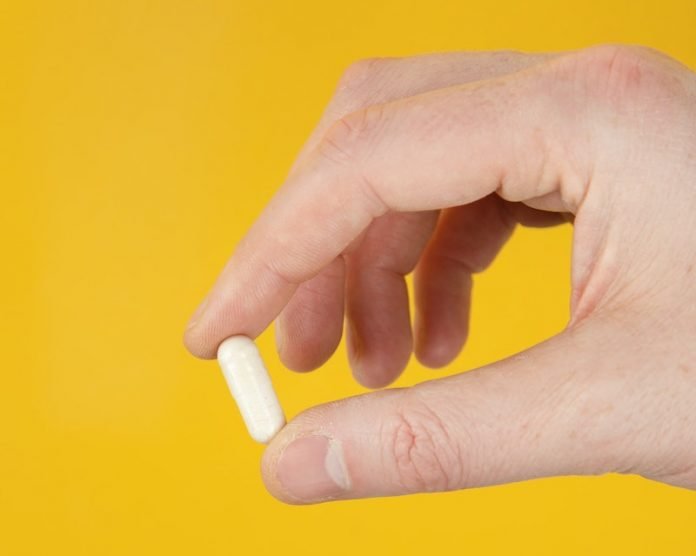
In the United States, approximately 7% of adults have untreated LDL cholesterol at levels greater than or equal to 190 mg per deciliter.
It is far more common in patients with early-onset heart disease.
The 2018 American Heart Association/American Congress of Cardiology recommends an LDL cholesterol goal of less than or equal to 70 mg per deciliter in patients with a very high risk of heart disease.
More aggressive targets have been established by the European Society of Cardiology guideline with recommendations to lower LDL cholesterol to 55 mg/dL or below.
In a recent study at Mount Sinai and elsewhere, researchers found an experimental drug evinacumab could reduce low-density lipoprotein (LDL) cholesterol—the so-called “bad” cholesterol—by 50% in people with a high risk of heart disease.
The study is published in The New England Journal of Medicine. One author is Robert Rosenson, MD.
Evinacumab is a fully human monoclonal antibody that works through a different mechanism than existing drugs to bring dangerously high cholesterol to normal levels when combined with maximally-tolerated lipid-lowering therapies.
In the study, the team examined the safety and efficacy of evinacumab on 272 patients.
They found that it can lower LDL cholesterol by half in patients unable to attain target guidelines despite maximally tolerated lipid-lowering therapy.
Subcutaneous administration of the agent at 450 mg weekly resulted in LDL cholesterol lowering of 56%, and 52.9% at 300 mg weekly compared to the placebo group.
With monthly intravenous administration of evinacumab at 15 mg/kg, LDL cholesterol reduction was 50.5% compared to the placebo group.
All patients receiving evinacumab were on background lipid-lowering therapies. Evinacumab was well-tolerated among most patients.
The researchers say if approved by the U.S. Food and Drug Administration, evinacumab may potentially fill that clinical gap for patients, by reducing severely elevated LDL cholesterol.
Copyright © 2021 Knowridge Science Report. All rights reserved.



